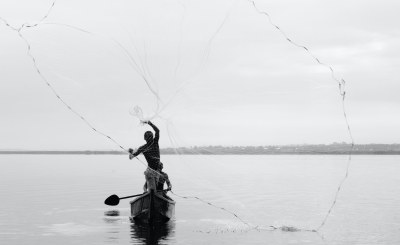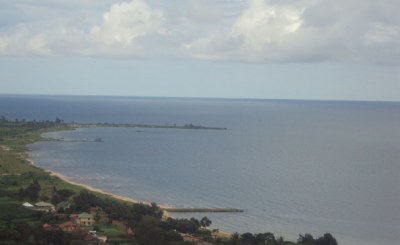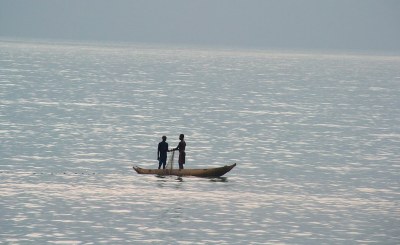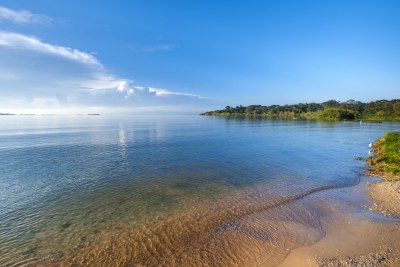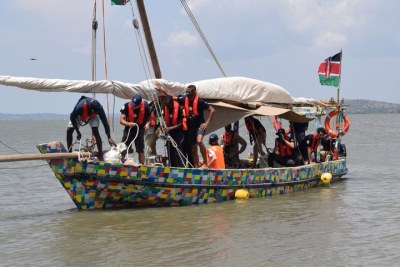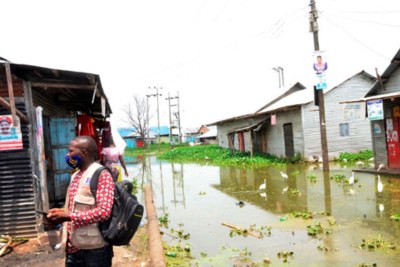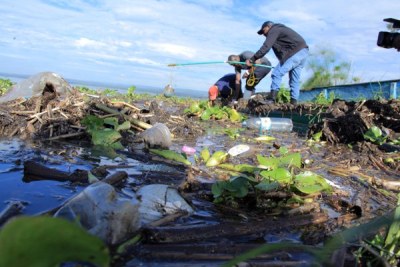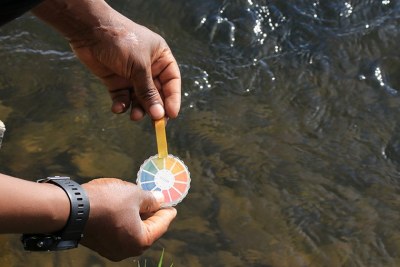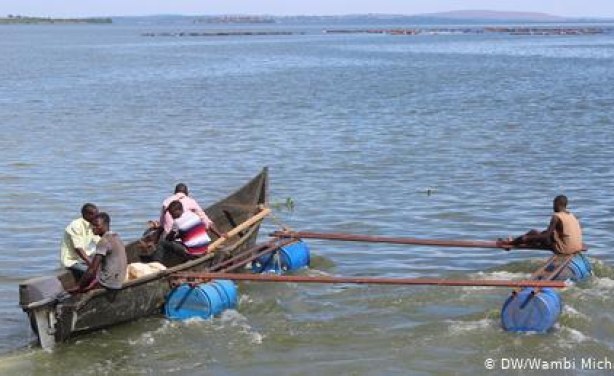-
East Africa: Lake Victoria Locals Blame Companies for Mysterious Mass Fish Die-Offs
African Arguments, 11 May 2022
Governments blame a range of factors for tonnes of dead fish washing up. Local fisherman and environment officers blame polluting industries. Read more »
-
Seychelles: The Tale of Lake Victoria's 'Saviour Fish'
RFI, 2 May 2022
On an island in Lake Victoria, Tanzania, fishermen are barely eking out a living, where a crisis due to a combination of factors, including climate change and overfishing, has… Read more »
-
Tanzania: Govt Procures 16 Boats to Check Illegal Fishing
Daily News, 1 May 2022
THE government has bought 16 boats and 12 engines worth 395m/- that will be used by fishing officials to strengthen surveillance and check illegal fishing practices in the country. Read more »
-
Uganda: Government Issues Tough Guidelines on Fishing
Nile Post, 30 January 2022
The government through the Ministry of Agriculture, Animal Industry and Fisheries has embarked on implementing fisheries licensing which is an international fisheries management… Read more »
-
Tanzania: 460 Fish Cages Introduced in Lake Victoria
Daily News, 1 September 2021
At least 460 fish cages have been introduced in Lake Victoria by June this year with Tanzania Fisheries Research Institute (TAFIRI) inviting more investors to grab the opportunity… Read more »
Pollution Killing Tons of Fish in East Africa's Lake Victoria
Communities around Lake Victoria, the world's second-largest lake, have relied on the body of water for food, energy, and water for generations. It has been estimated that the 30 million people's livelihoods are directly or indirectly to the Lake, which is estimated to generate U.S.$300-400 million each year. Lake Victoria has also historically been a source of important biodiversity and home to hundreds of species of fish.
But this has changed in large part due to the uncontrolled flow of pollutants, which has led to fish deaths, algal blooms, and the spread of the ferocious waterweed hyacinth. Oxygen levels in the water have fallen and scientists have been warning for several years already that Lake Victoria is "dying".
In the last year or so, huge quantities of fish have also been found dead on the shores of the lake. In just two months in 2021, over 100 tonnes of mostly Nile Perch washed up in Uganda, Kenya and Tanzania, the three countries spanned by the lake. At up to about U.S.$4,000 per tonne, this is the equivalent of around U.S.$400,000 in potential lost revenue.
Officials in both Kenya and Uganda have suggested the deaths were caused by a range of factors that have led to low oxygen levels.
Research by World Bank's Water Global Practice in 2020 found that the primary drivers of Lake Victoria's degradation are untreated wastewater as well as unsustainable land management and agricultural practices, reports Nangayi Guyson for African Arguments.
InFocus
-
The East African Court of Justice has struck out a case in which five Kenyans sued the Ugandan government, the East African Community Secretary General and the Lake Victoria Basin ... Read more »
-
A plastic rainbow-hued boat set sail from Dunga ' harbour' in Kisumu for a 21-day voyage around Lake Victoria. On board, were 13 people on a mission to raise awareness on the ... Read more »
-
Water levels have reportedly risen again at some landing sites on the Lake Victoria shoreline, causing panic among Ugandan fishers.The affected areas include Lambu, Kachanga, ... Read more »
-
The water volume in Africa's largest fresh-water lake has risen to its highest level exceeding 1965's historic mark, according to an assessment conducted by the Lake Victoria Basin ... Read more »
-
Uganda is reportedly working with Kenya and Tanzanian authorities on how to sustainably manage Lake Victoria, which has been described as endangered. The lake which is shared by ... Read more »
